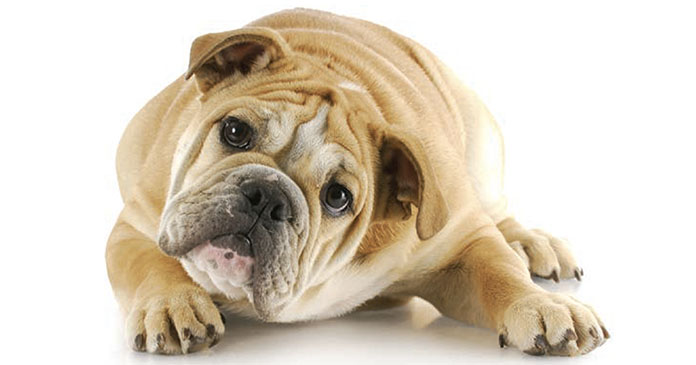Between trips to the vet, specialty foods, treats and toys, pet insurance and even parties, Americans have no compunction about opening up their wallets to keep Rex, Rover or even the house lizard healthy and happy.
Flying in the face of economic woes, between two and five percent of pet owners said they spent more on their pets last year, according to the poll by the non-profit American Pet Products Association (APPA).
Americans are so concerned about their pets that 16 percent of dog owners and 13 percent of cat owners said their animal’s medical treatment would take priority over their own.
“Although the economy has been a major factor for many industries, the pet industry continues to see unprecedented growth,” said APPA President Bob Vetere.
“The survey reveals pet owners are willing to spend money on their pets despite a downturn in the economy.”
About 73 million U.S. households, or about two-thirds of the total, have one or more pets, the survey showed, with dogs and cats accounting for about three-quarters of pets.
Animal owners cite companionship and love as their chief attributes, but dog owners increasingly mention stress relief and exercise, such as walking or jogging with them, as benefits of ownership.
Fish are also stress relievers, in addition to being fun to watch, while reptiles get points for being quiet, as well as being fun to have around.
But all that comes at a cost, the survey showed.
Pet owners are projected to spend a whopping $12.2 billion on veterinary cares in 2011, up from $11 billion last year and $8.2 billion five years ago.
Cat owners in particular are making more trips to the vet—2.4 visits in 2010 compared to 2.1 in 2008—and spending $423 on surgery, more than $278 in 2008.
Doggie-gift spending was up a reported 30 percent, from $56 million to $73 million, while nearly 10 percent of owners said they had hosted parties for their beloved canines.
The cost of buying a dog has also spiked from $121 to $364 due to the increased price of pure breeds.
So just who is getting, keeping and paying for all these pets? According to the survey, pet owners are more apt to be defined as traditional families, and more likely to be younger, and married, than the overall population.
And while Hispanic and African-American segments of the population are among the fastest-growing, they have lower than average incidence of pet ownership.














